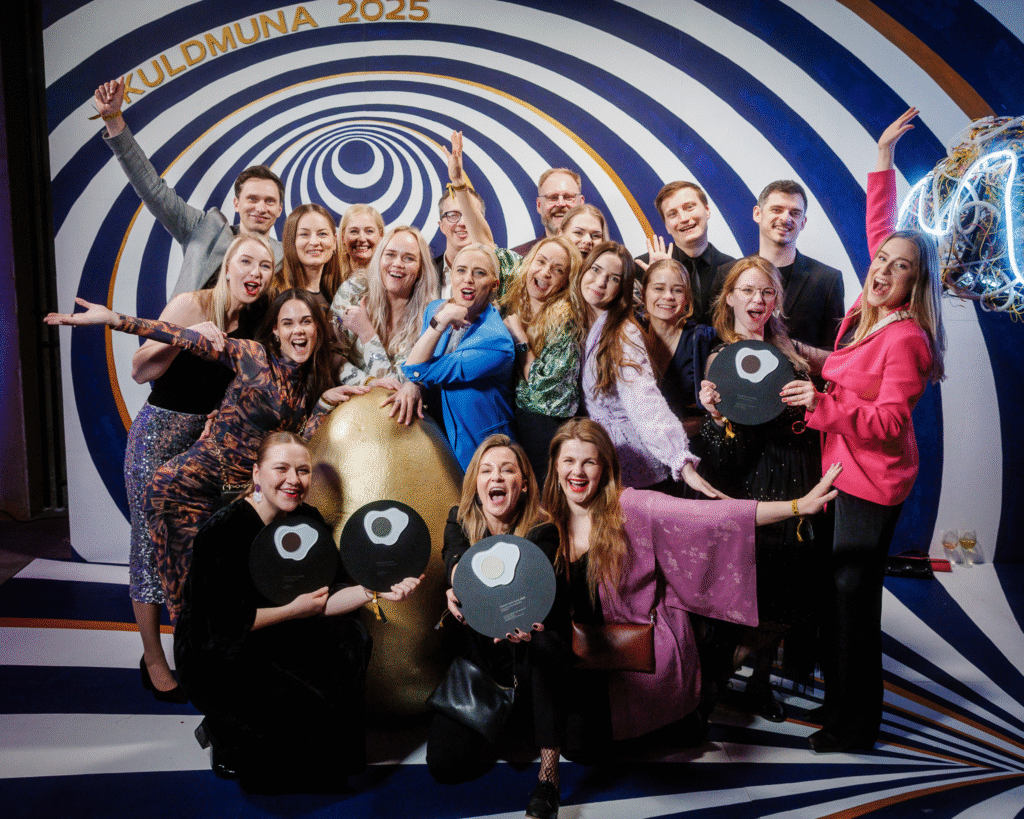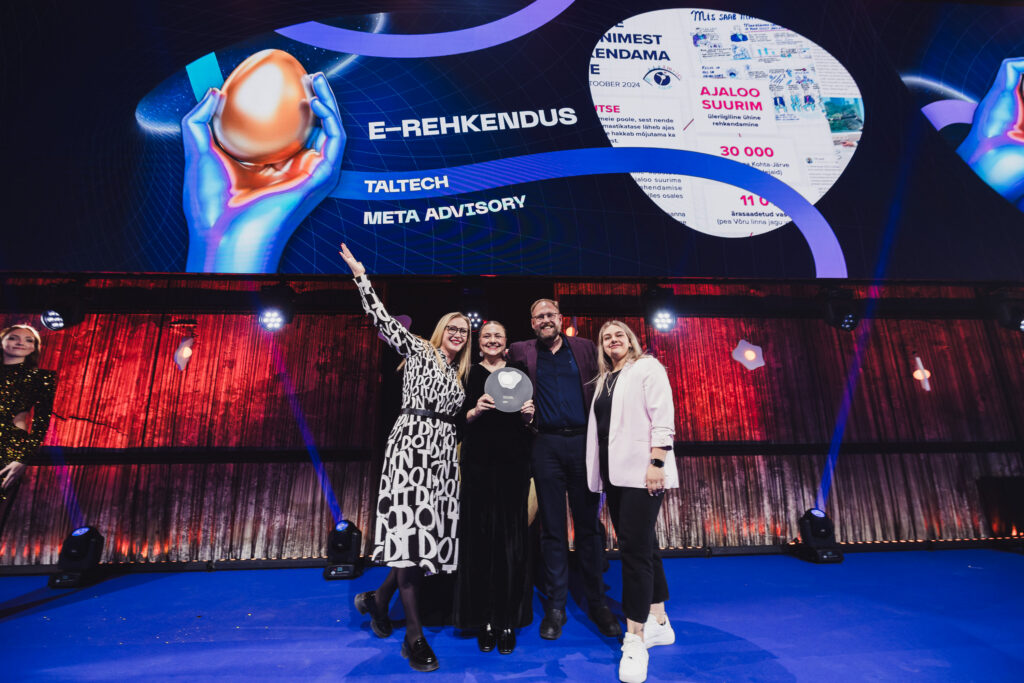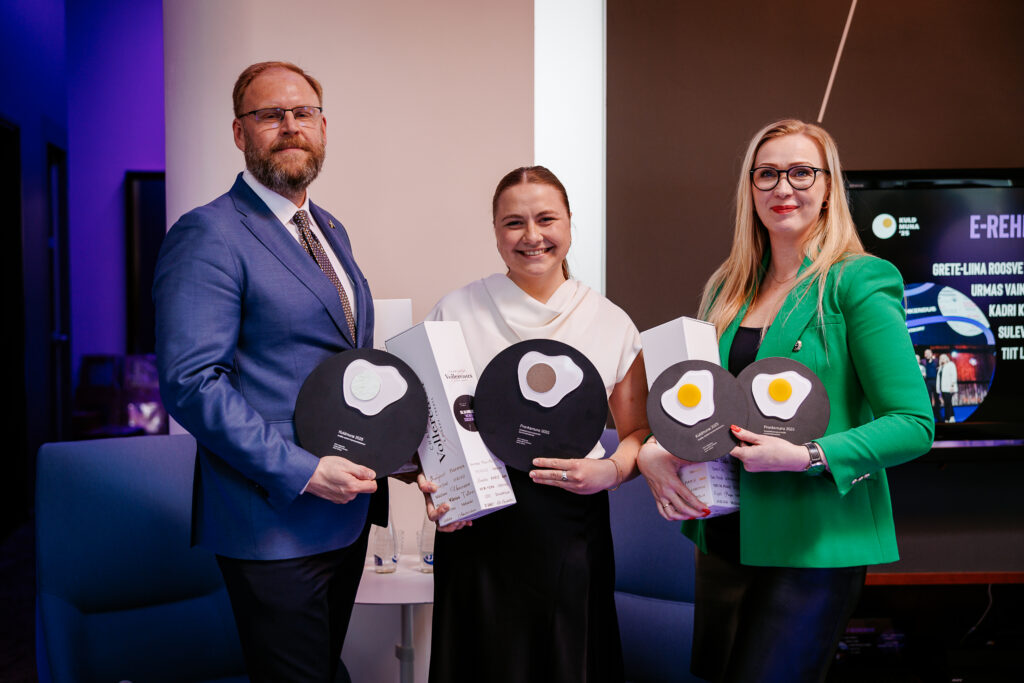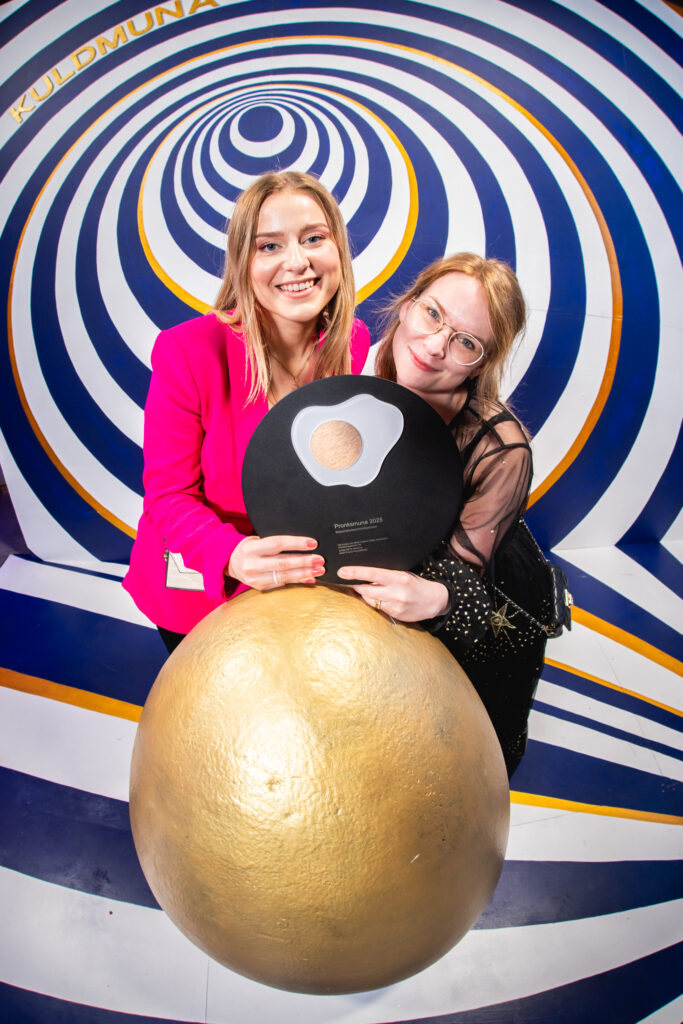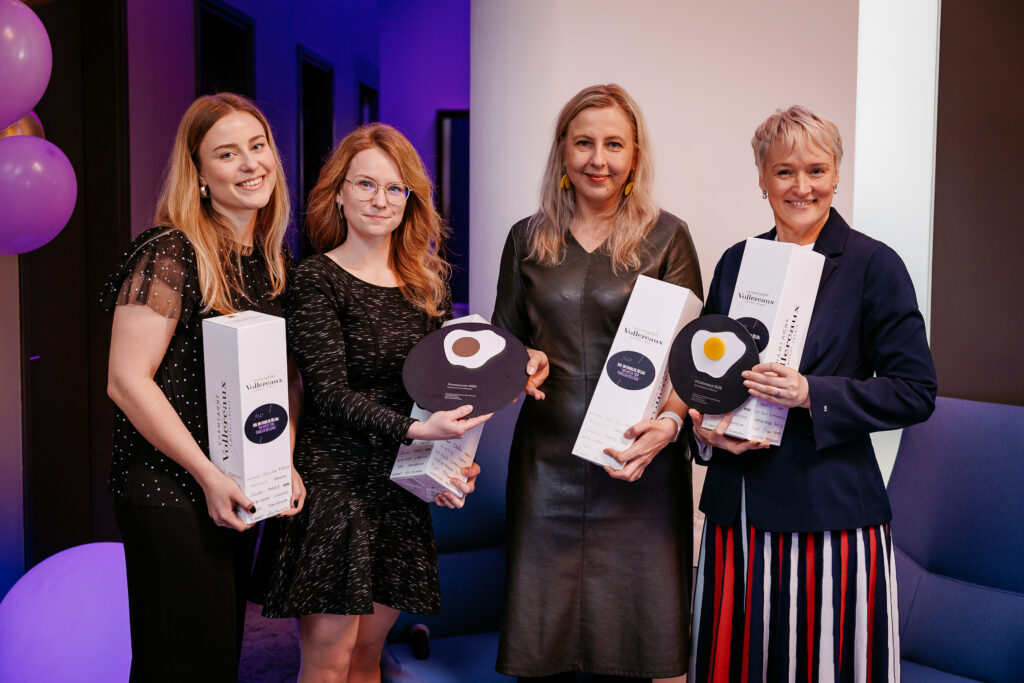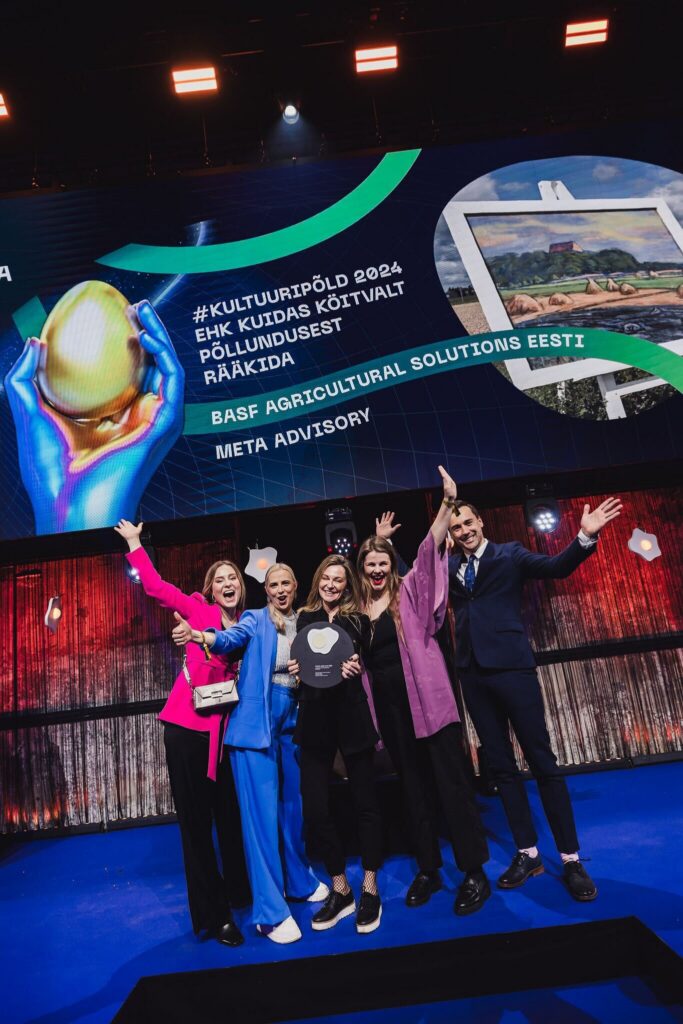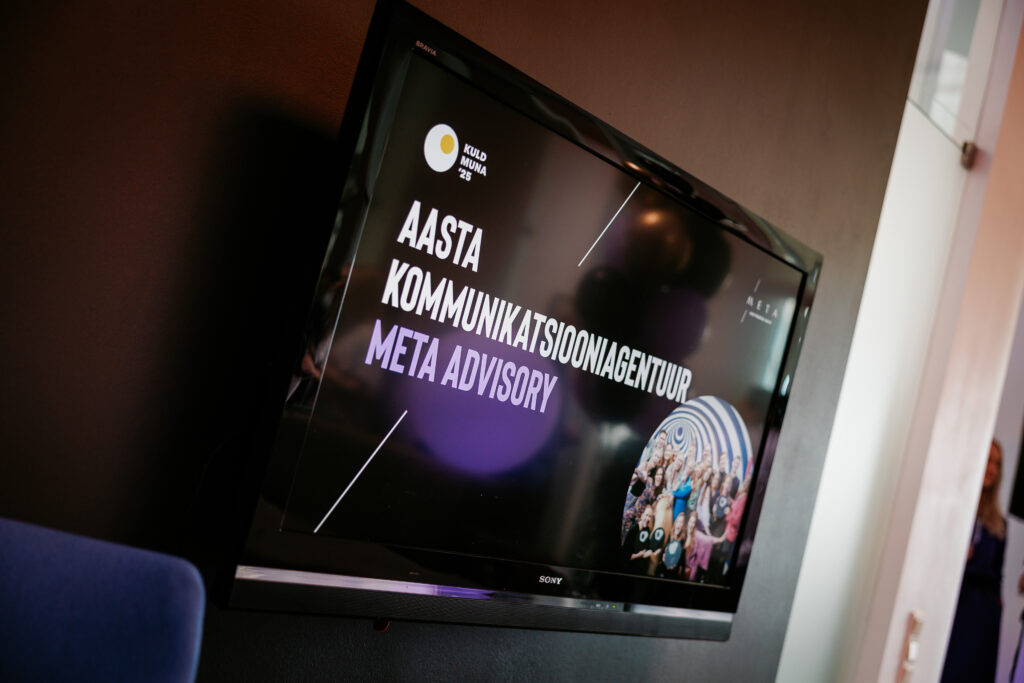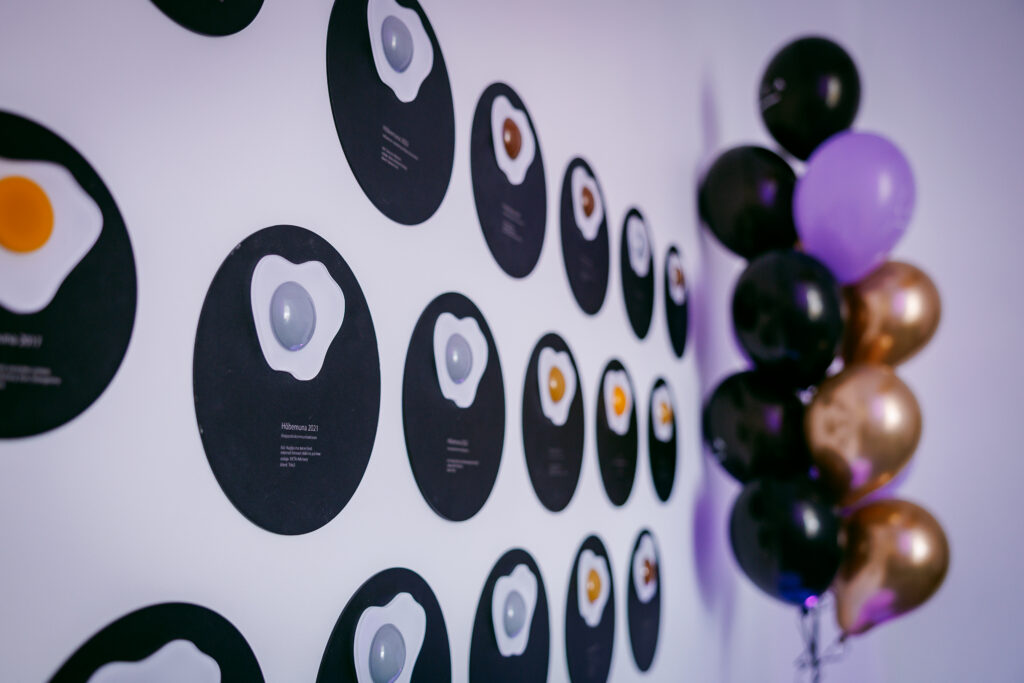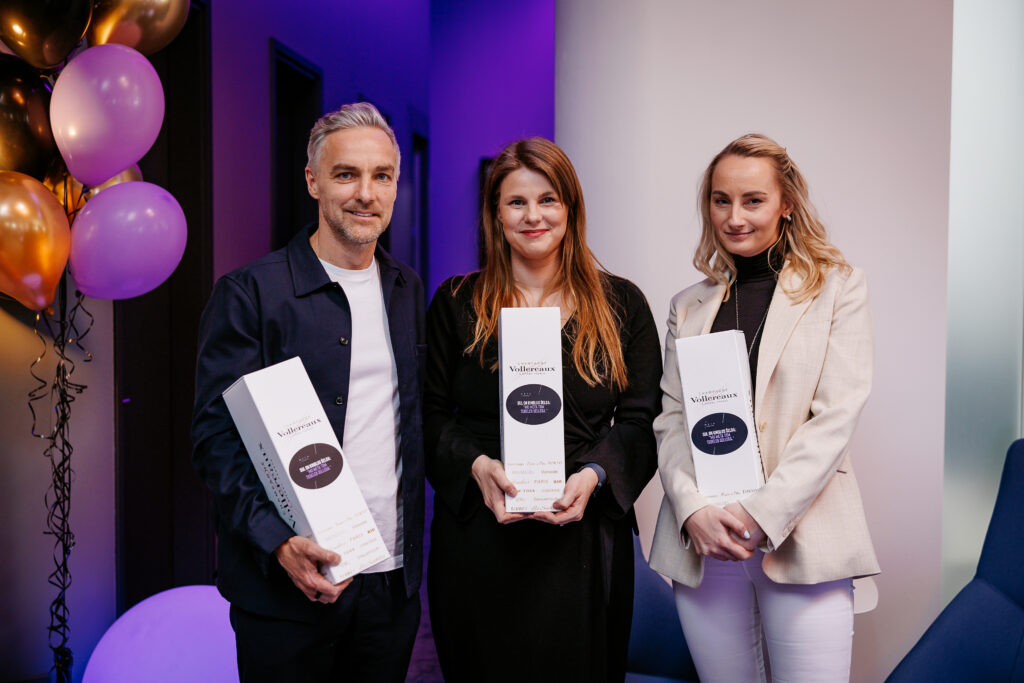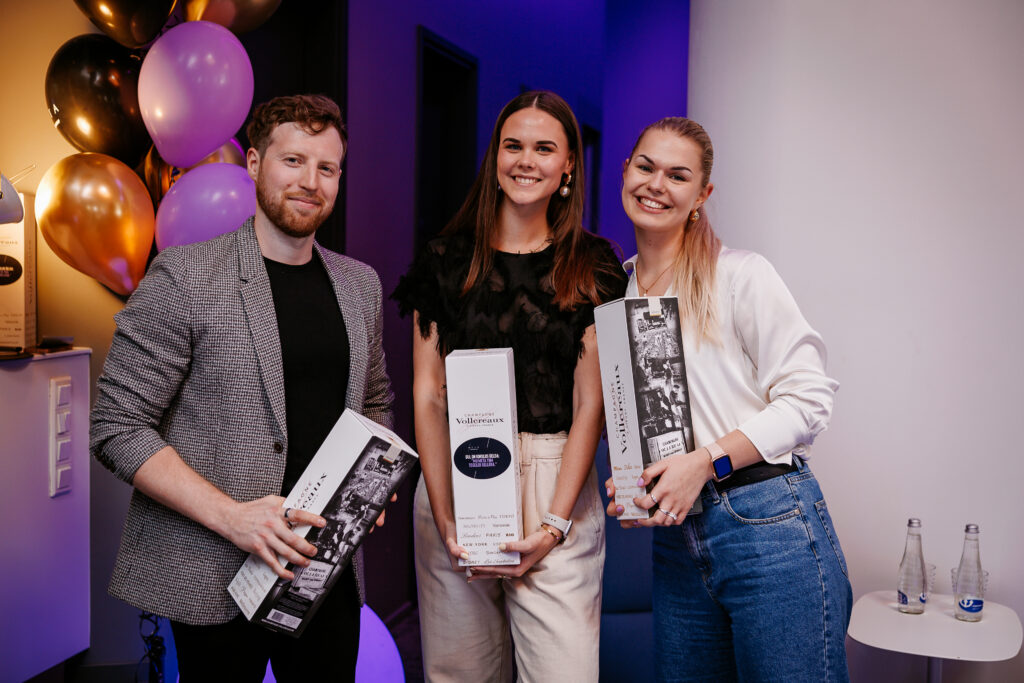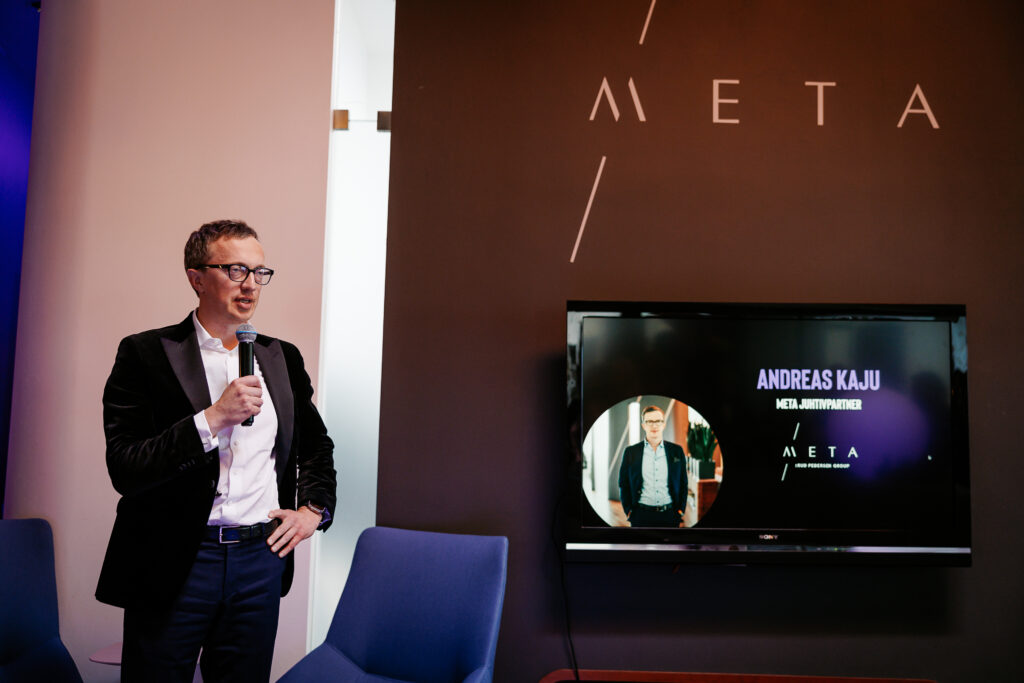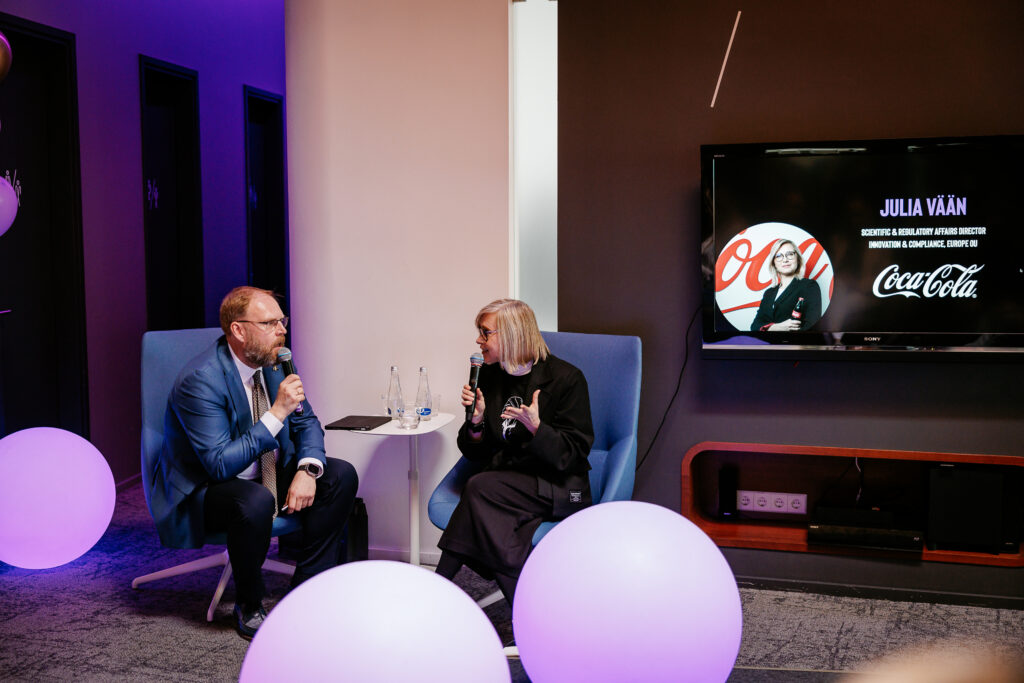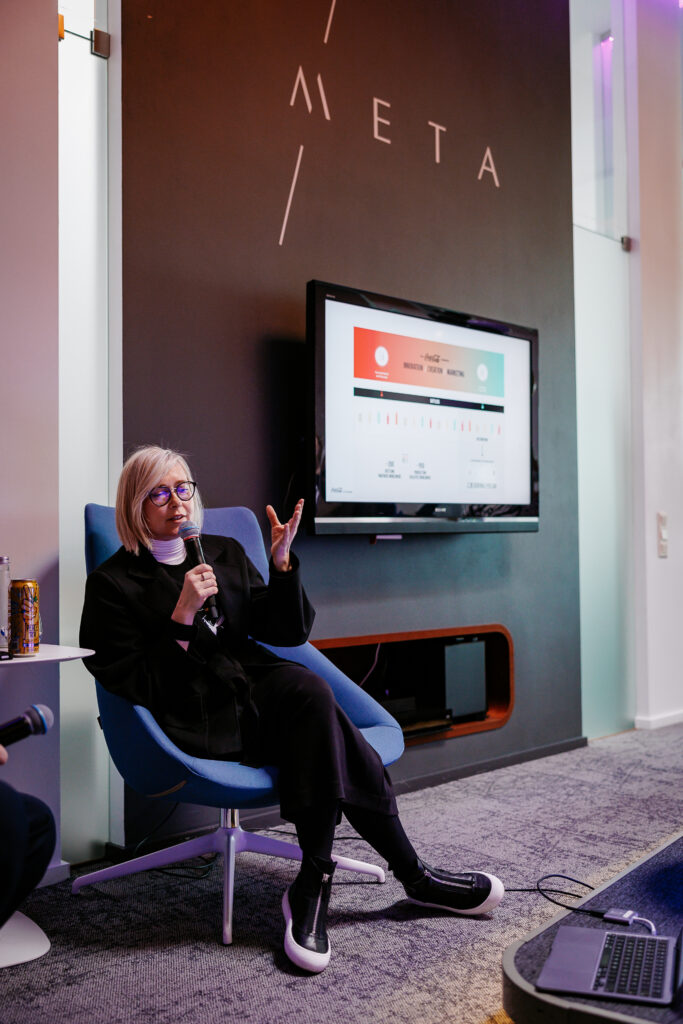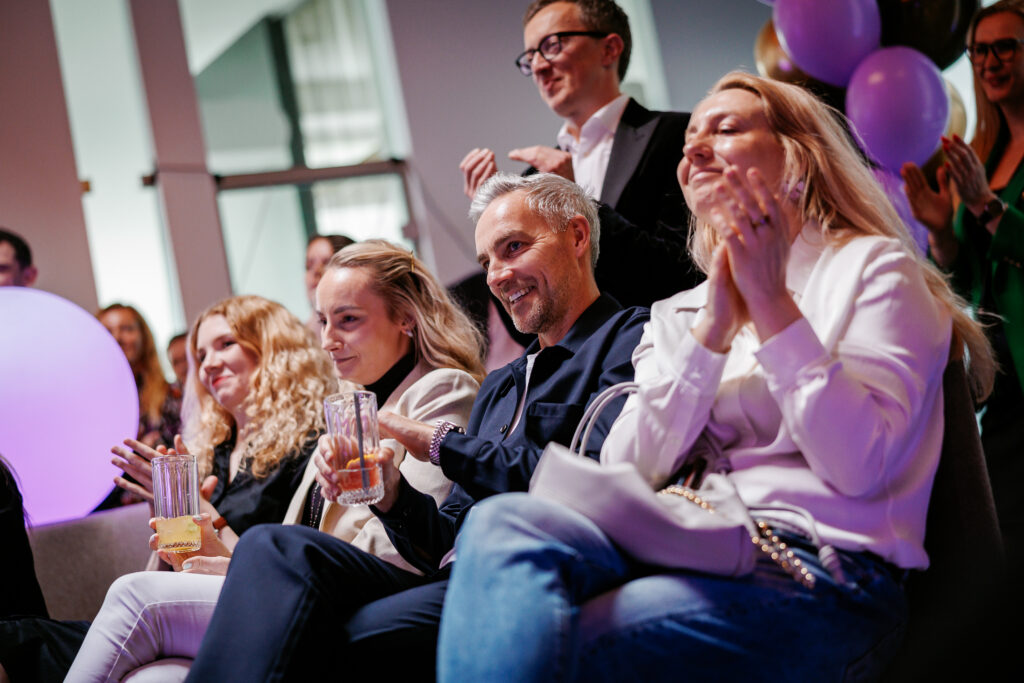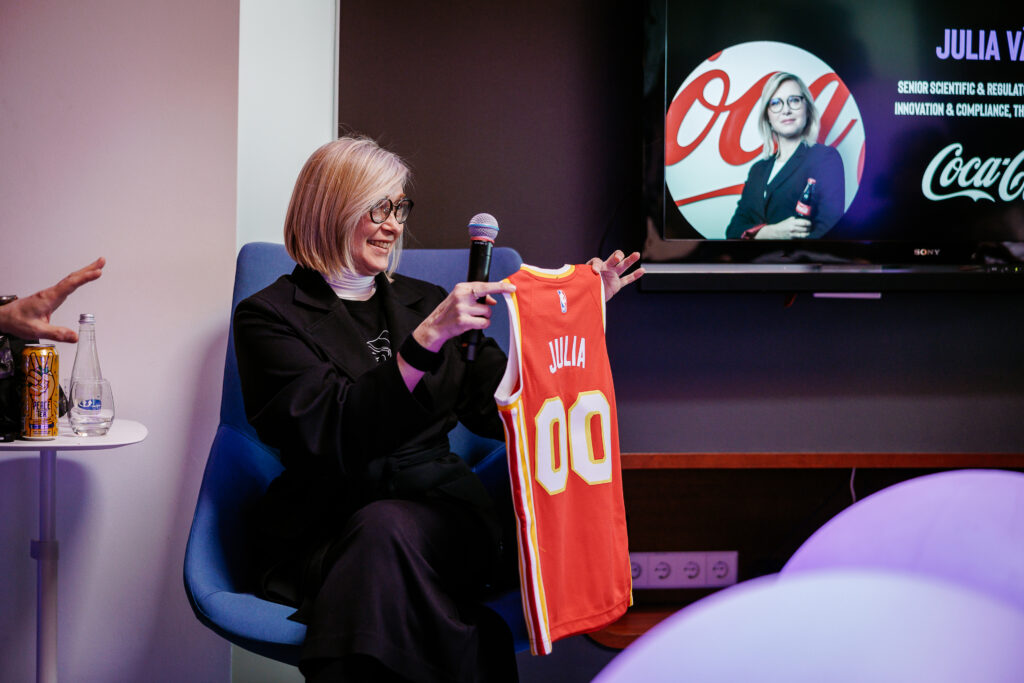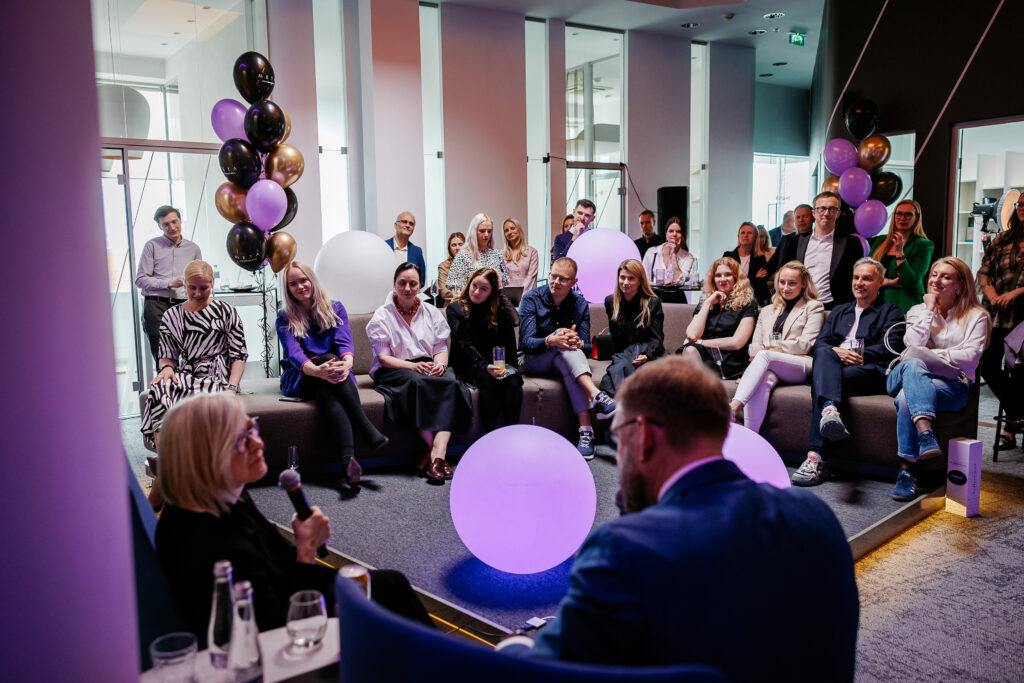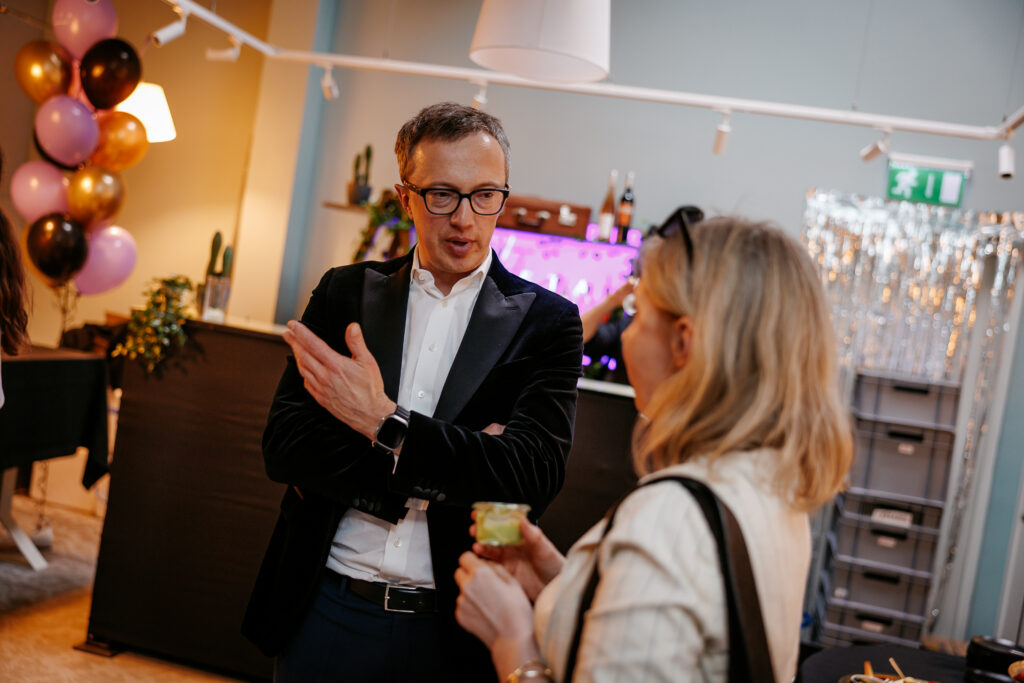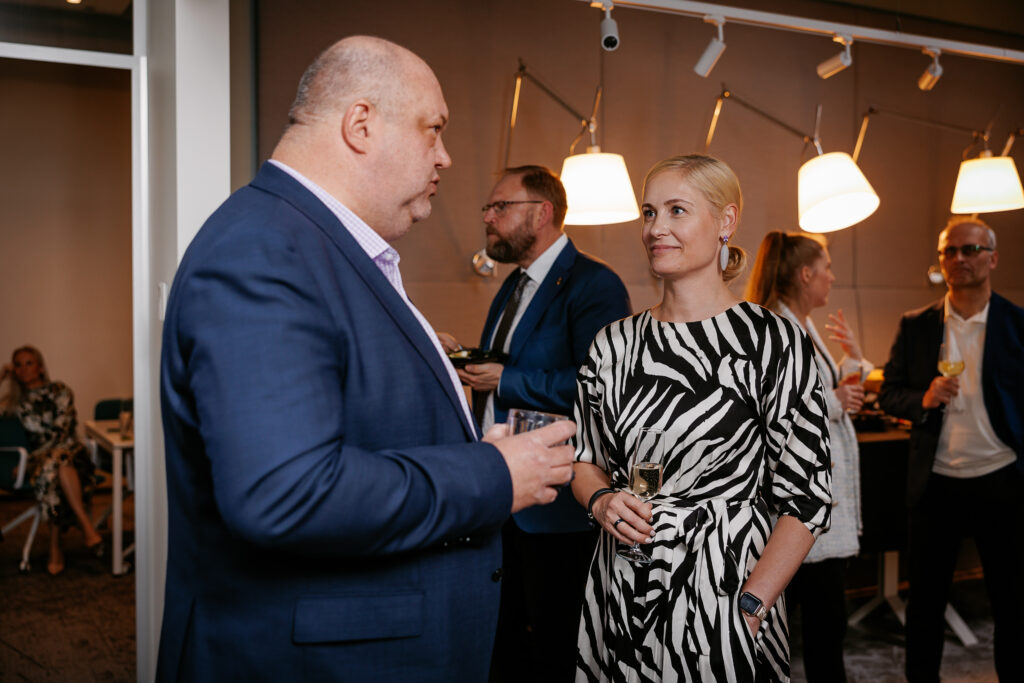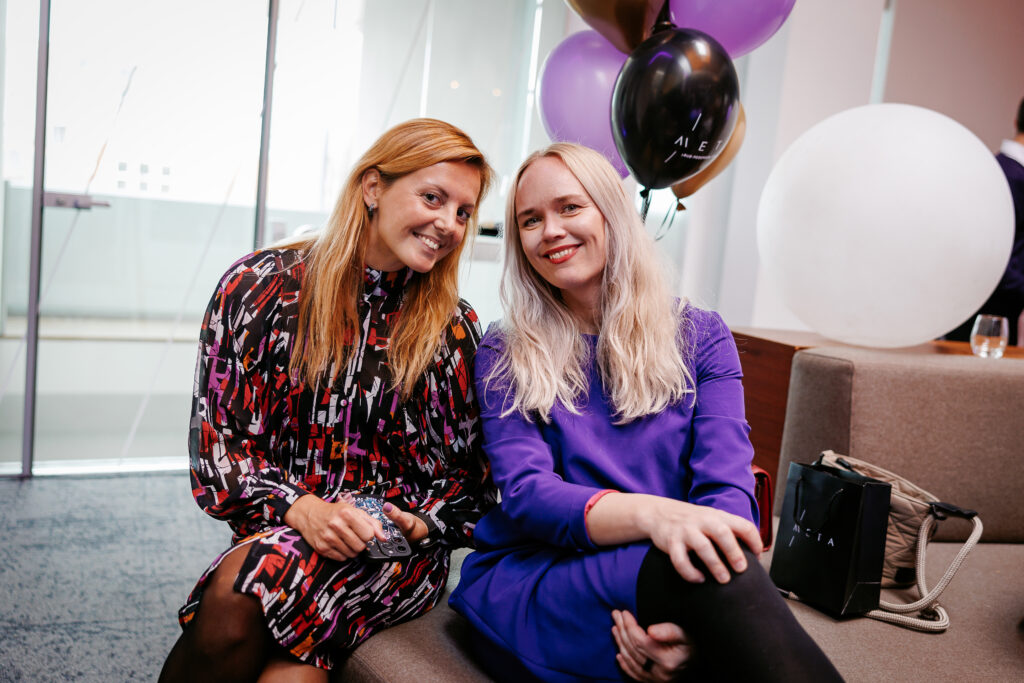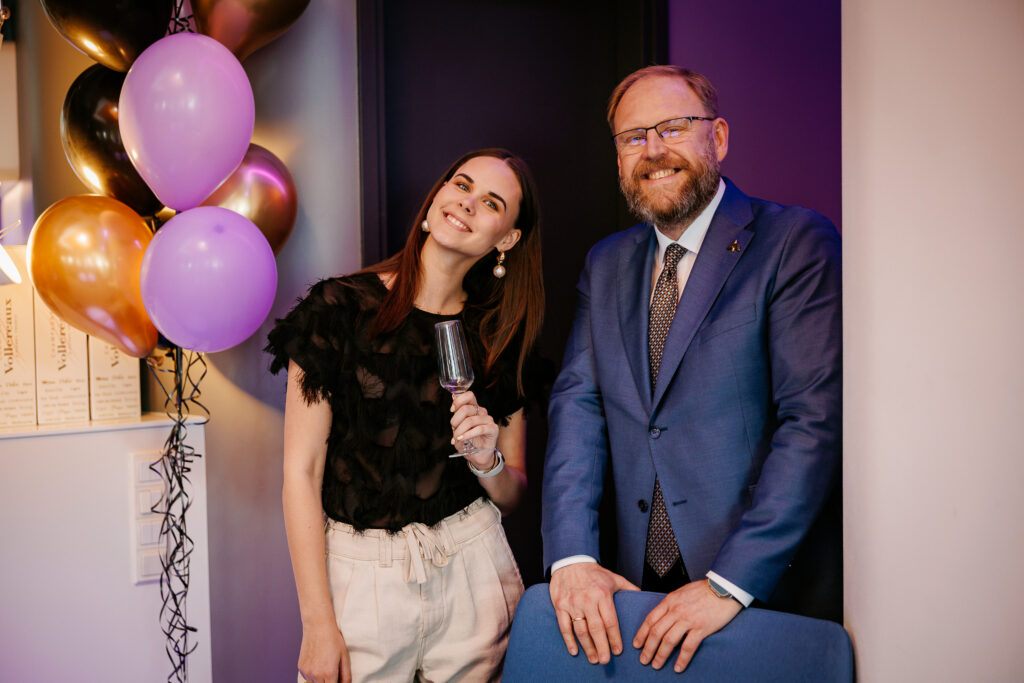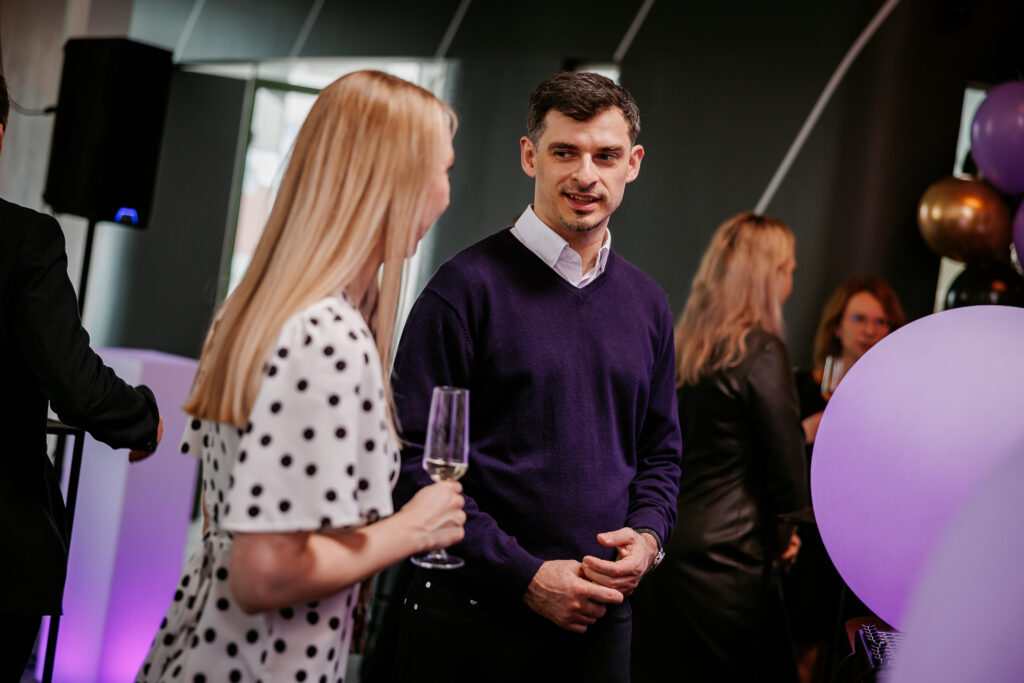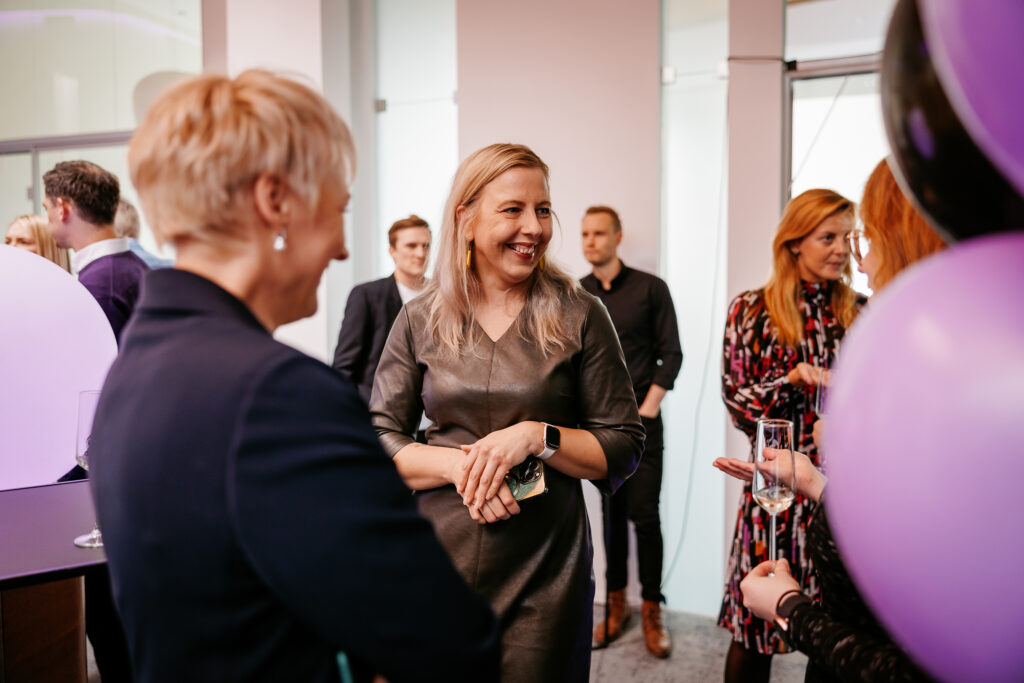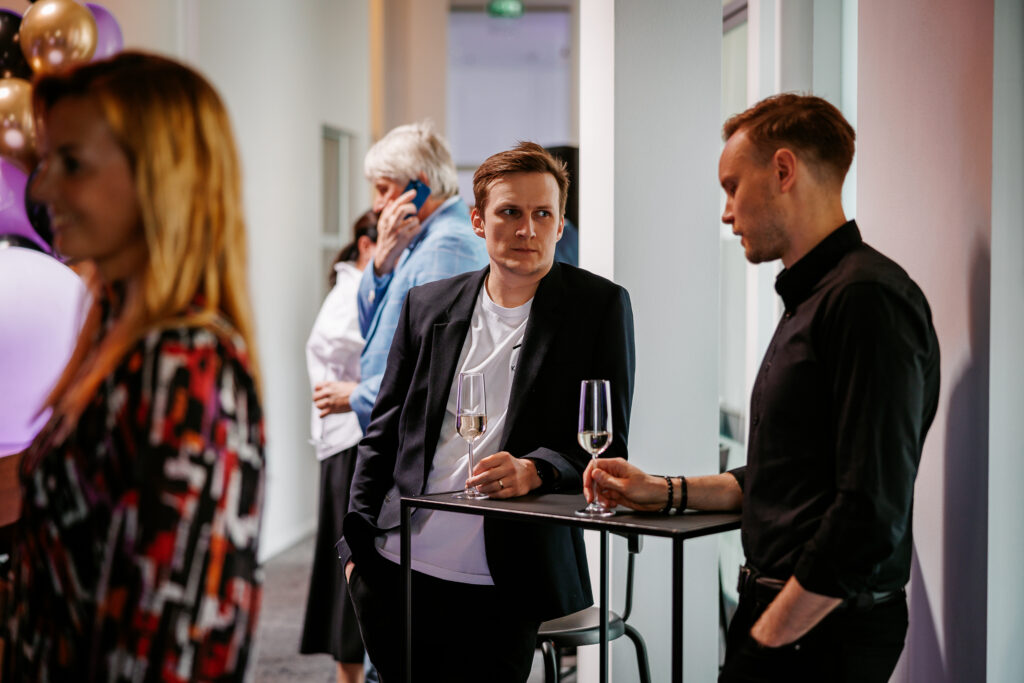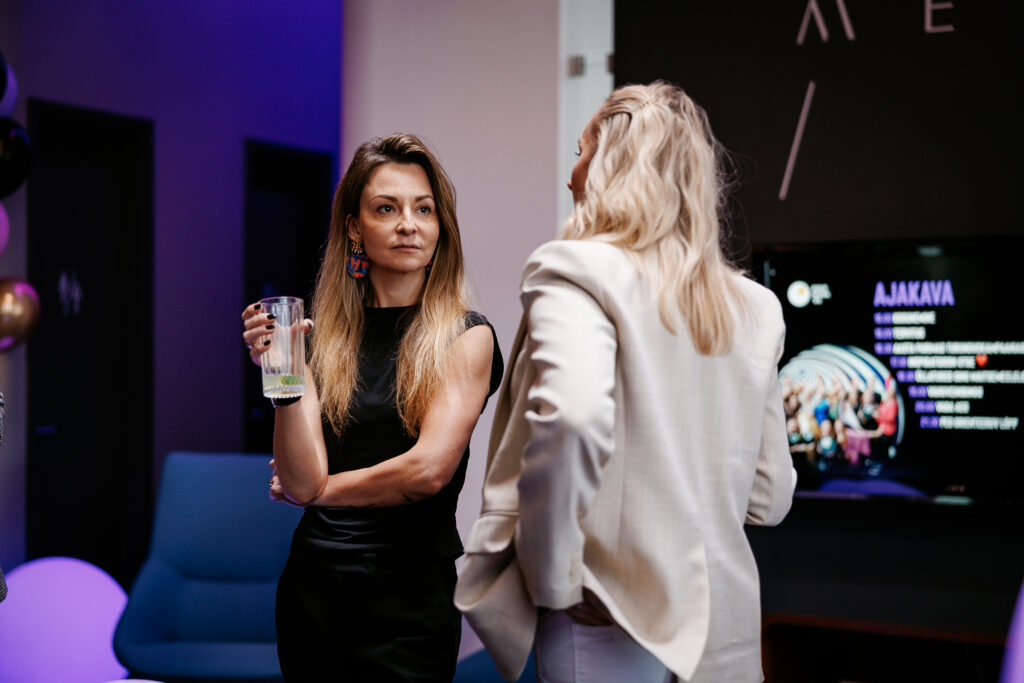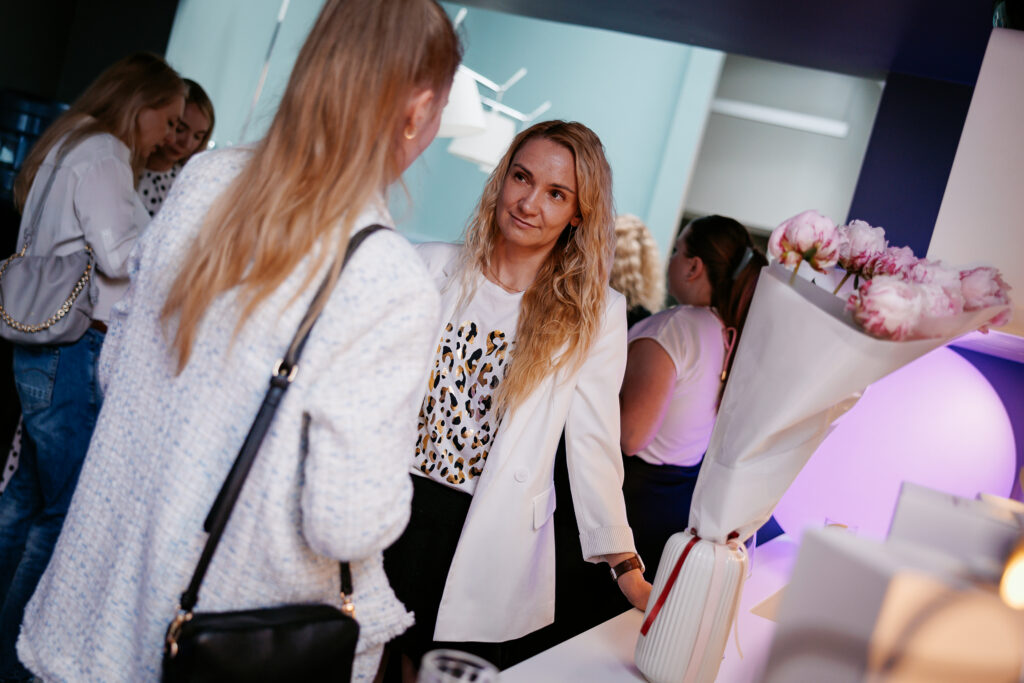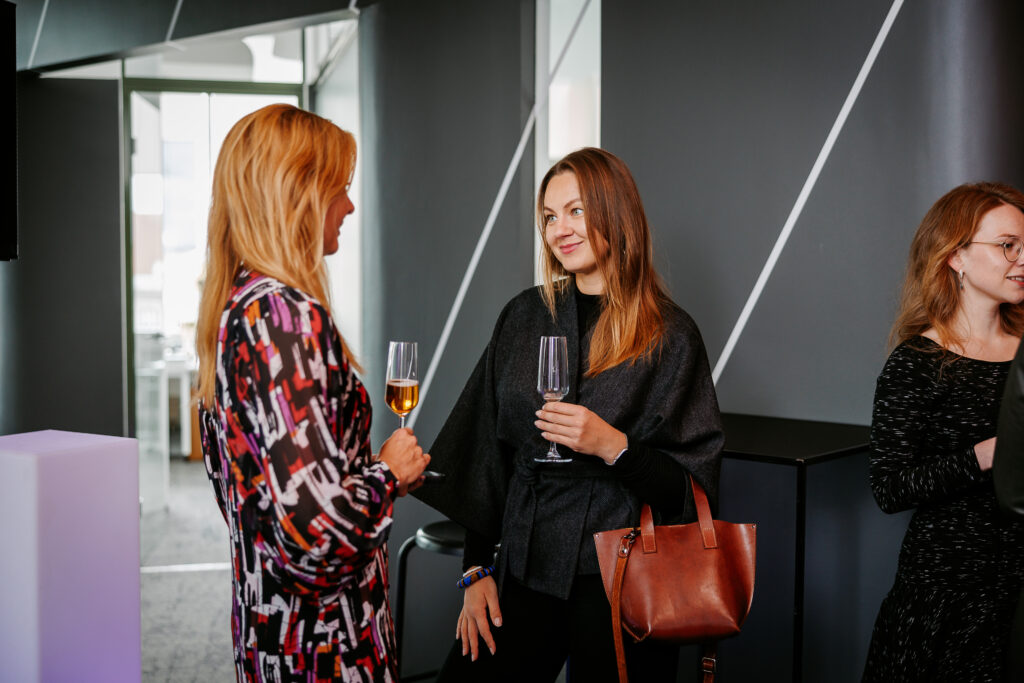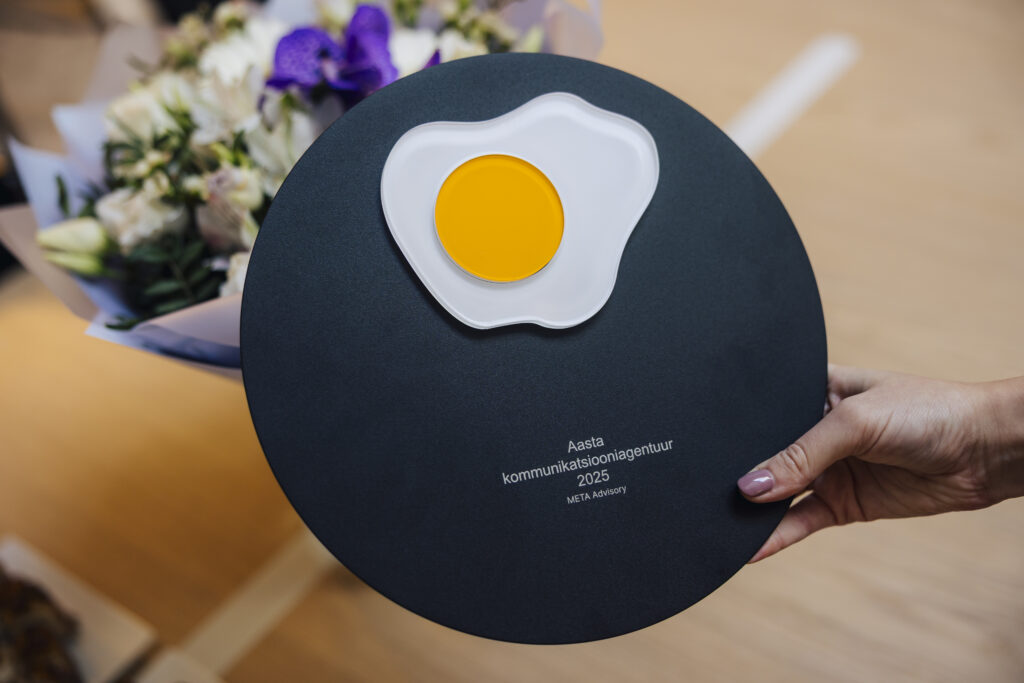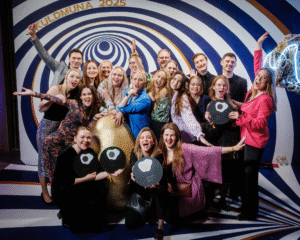Meta Advisory is Estonia’s Communication Agency of the Year 2025
Once is chance, twice is coincidence, three times is a pattern.
Meta Advisory has been named Communications Agency of the Year for the third time. Our Managing Partner, Andreas Kaju, shared his thoughts with the Estonian Marketing Association (TULI) on winning, agency life, and the bigger picture. Here are some highlights from the interview.
Meta wins Communications Agency of the Year for the third time. This time, you took home gold, two bronzes, and a special egg. How do you feel about the result?
I look at it from several angles. The number of Golden Egg awards we win doesn’t define whether a year was successful. We’re a business. The main measure of client trust is revenue. That’s our primary capital.
We did all right. We can’t do better than our clients do. But there’s no point in dwelling on last year – the past is the past. We live in tomorrow. The global climate of uncertainty is affecting our clients, too.
No clients have left in recent months, and none are planning to. But nobody’s taking big investment risks either. Deal flow has frozen. There are no major mergers or acquisitions happening, projects that typically bring us work. And there are no new international companies entering Estonia (although, full disclosure: between the interview and its publication, Meta landed a project with a European manufacturer planning production in Estonia).
Given that we managed to grow despite war and geopolitical turmoil, I’m satisfied. Any sane person would be. But it takes a lot more effort than it used to. Work used to come easier.
What’s the broader impact of the technological revolution on society? There’s talk that everyone needs to learn to “prompt”, but realistically, not everyone will. Many jobs may disappear. What then?
Jobs won’t disappear altogether, but half the people working in the field today will lose theirs. The work will go to people with tech skills. Those without will fall behind.
There will be less demand for people who want to be paid too much for doing basic tasks. Every wave of new technology has shown that overall productivity increases.
Sure, there’s social injustice in that. Younger people will have an advantage – it’s more intuitive for them. Older generations will have to learn more.
But I believe we need smarter, sharper people, and for our field, that’s a good thing – the bar gets higher.
Crucially, learning can’t be left entirely to individuals. My partners and I are responsible for ensuring learning happens. We have training plans. I personally run internal seminars. And as part of Europe’s largest strategic communications group, Rud Pedersen, we have a company-wide professional development program.
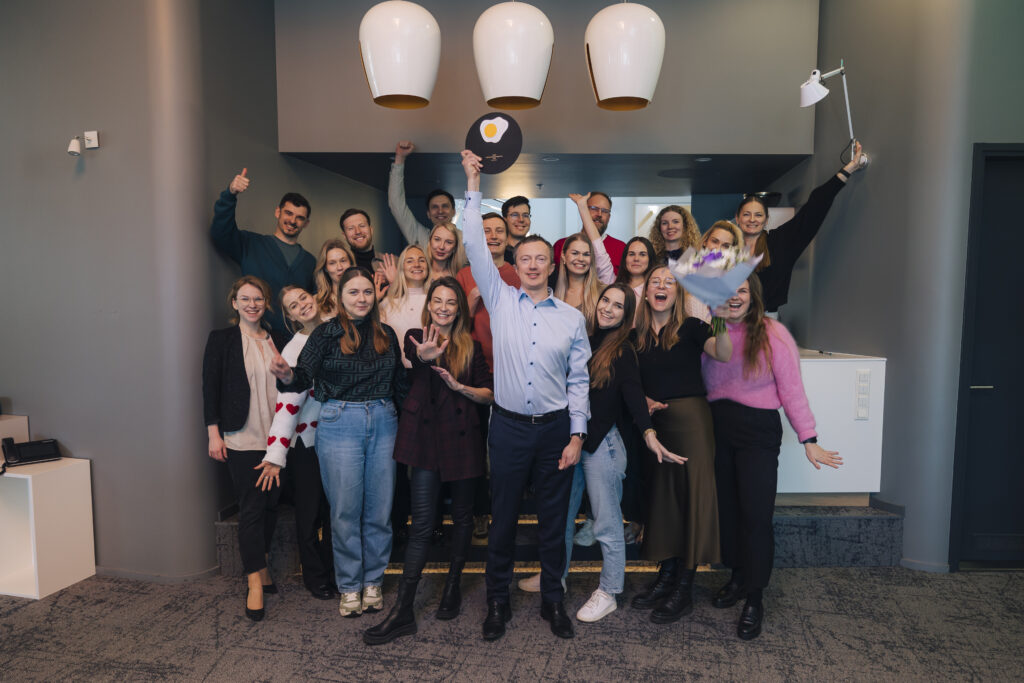
Does this industry require more focus on mental health than others? And are we doing enough?
I don’t know if it’s specific to our industry, but it probably applies to the entire advisory sector. Things move fast. We live in a time of upheaval, and client stress inevitably spills over to us. That puts people in companies like ours under serious pressure, and that gives us a special responsibility to look after mental wellbeing. Years ago, in cooperation with Peaasi, we conducted our first mental health survey and added private health insurance for everyone.
As leaders, we can’t kid ourselves. Throwing champagne parties, adding a ping-pong table to the office, or organising padel outings isn’t mental health care.
Caring for mental health means managing workloads, being aware of whether people are coping, and offering support from more experienced colleagues when needed. You can’t do that without staying closely in tune with people’s work lives. It takes active leadership.
A leader needs to know when someone’s struggling. And employees must hold leaders accountable for that. This doesn’t mean the culture needs to go soft. On the contrary, our internal culture is demanding and performance-focused. But it needs to feel safe at the same time.
Leadership is an art that now requires more thought than ever. You can’t just tell people in a meeting that we need more clients and expect that to work. That kind of company won’t survive.
There are four of us on the leadership team. We’ve all had to level up, and we’ll keep doing so. When I talk about learning, the biggest responsibility is on us.
From the employee’s point of view, they expect to grow and to see a future for themselves. At the end of the year, they should feel like they’ve gotten better. That’s what we work toward systematically.
To wrap up – back to the Golden Egg. In your acceptance speech, you said you didn’t care much about awards in the beginning. But that changed?
For the first seven years, we didn’t enter any work into the Golden Egg Awards competition. It didn’t seem important. Honestly, I was a bit dismissive. A founder and CEO needs to have strong self-belief and confidence in what they’re building. Yes, I looked at the sector with a bit of arrogance.
I still think we do things differently, but now I see ourselves more as part of the sector. How well we do also depends on how strong the overall standard is. If clients thought the whole industry was weak, that would affect our pricing power too.
Since clients often see this category as a low-value or interchangeable service, like it doesn’t matter what brand they choose, it’s our job to show that it does matter. And that’s not a battle we should fight alone.
That’s why I’ve come to value collaboration and contact with other agencies more. It’s a shared fight for quality. The Golden Egg Awards are part of that. Raising and maintaining the standard isn’t an abstract or moral issue – it’s a very practical one.
And of course, I saw how much recognition meant to my colleagues. When you don’t win, or win less than you hoped, you feel it. But that’s part of the deal. To truly feel joy, you have to experience the sting of loss. The Golden Egg helped us realise how important recognition is to people, and we take it more seriously inside the company now, too.
Read the full interview from the TULI website.
GALLERY
